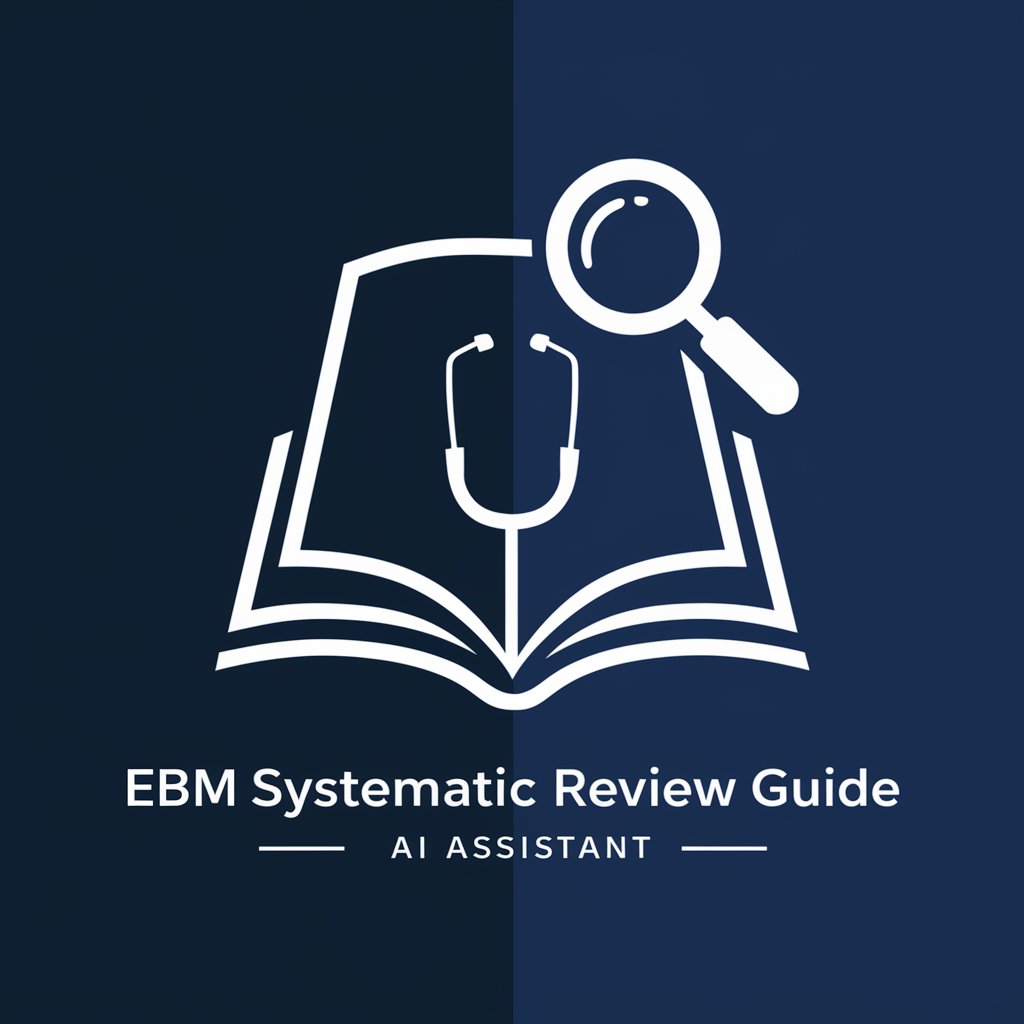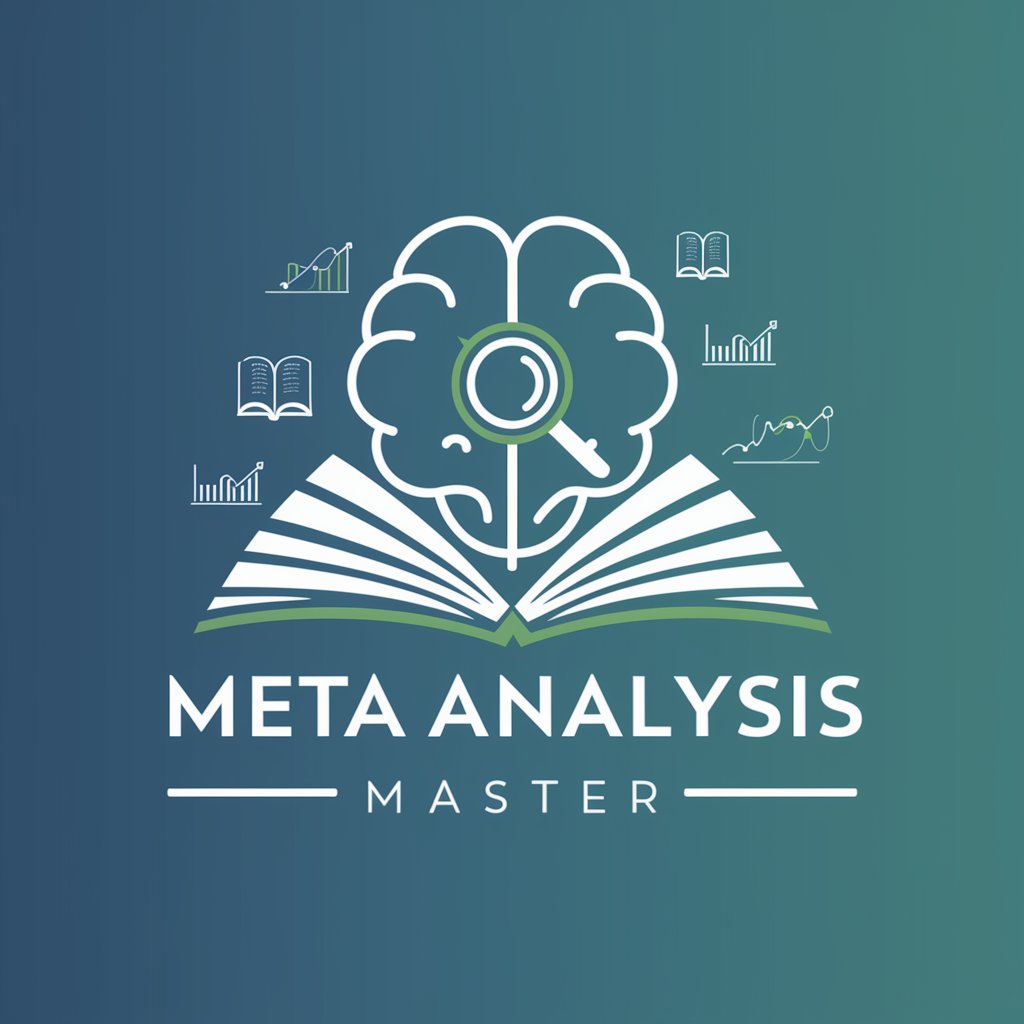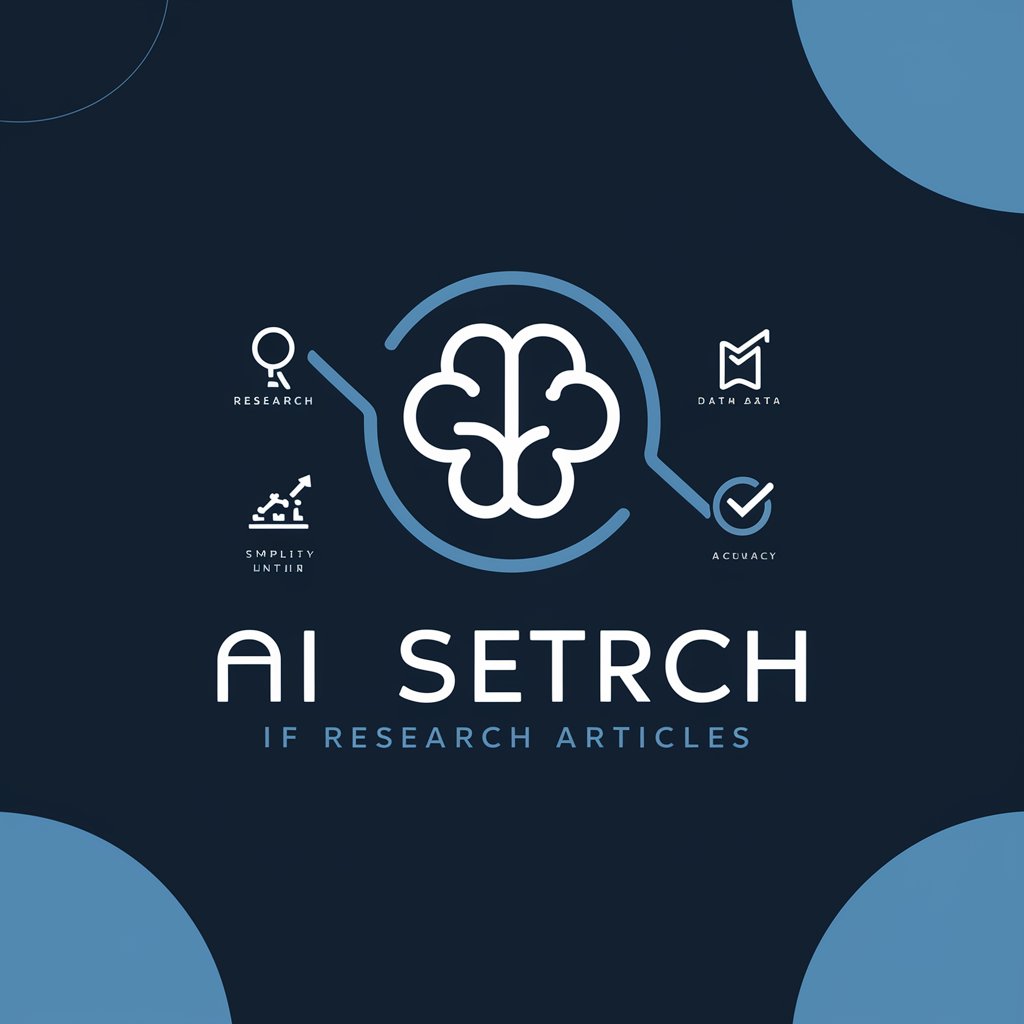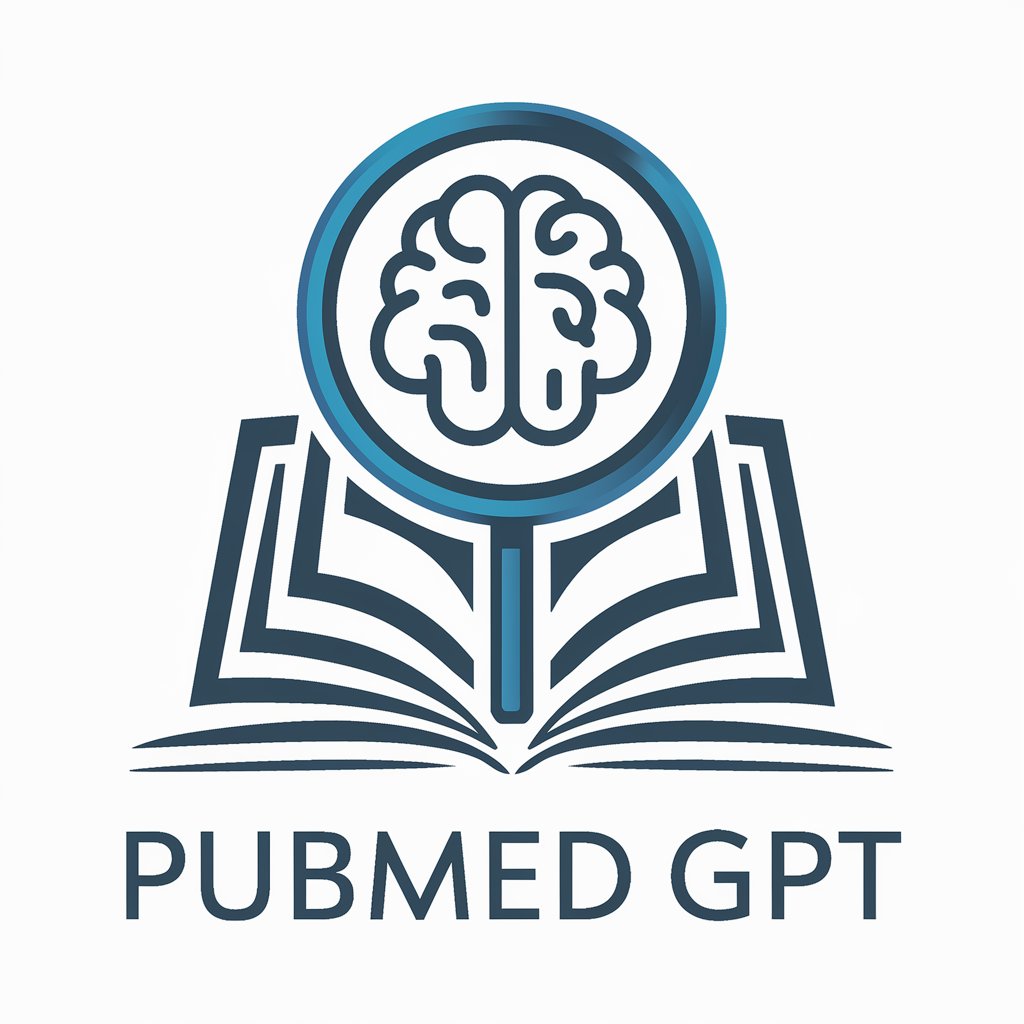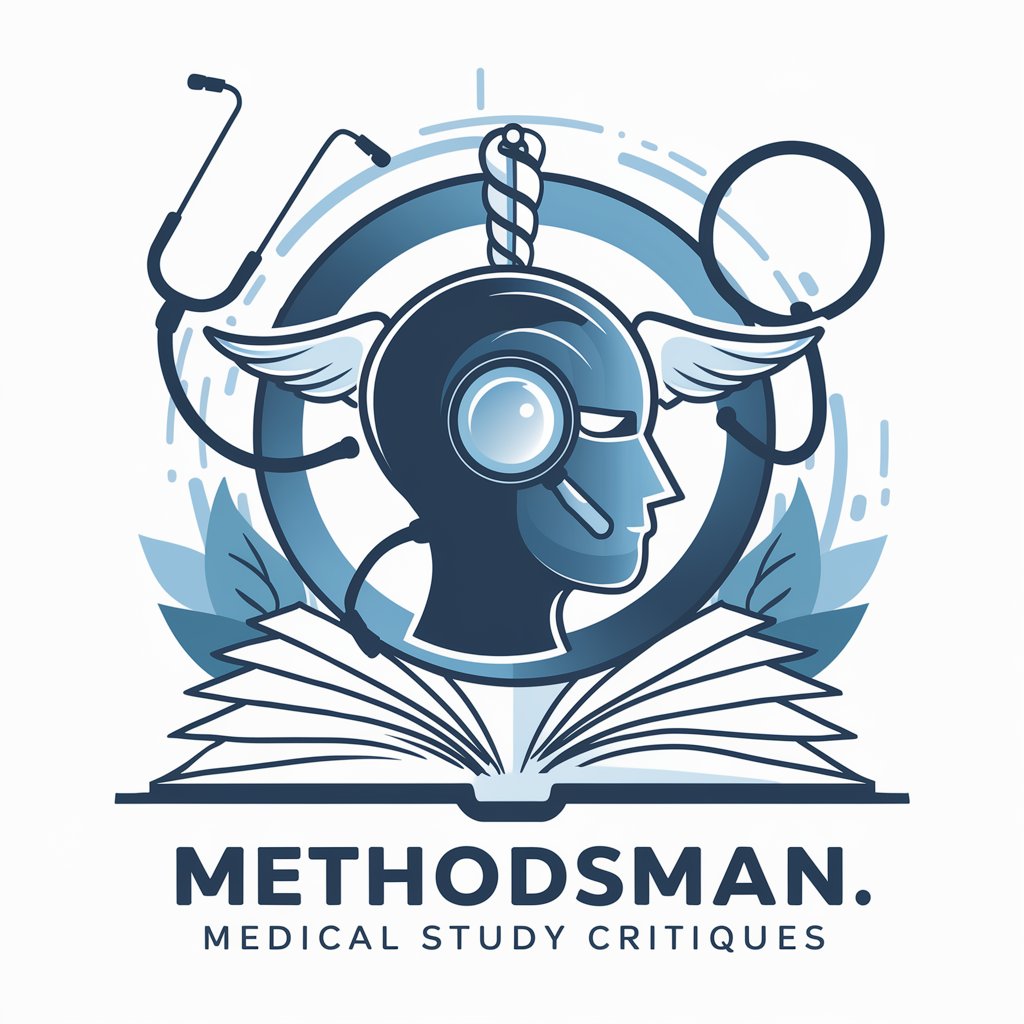
Meta Analysis Screening - AI-Powered Research Screening

Welcome to Meta Analysis Screening, your tool for rigorous and professional academic evaluation.
Streamlining Academic Research with AI
Evaluate the methodologies employed in this meta-analysis and discuss their strengths and weaknesses.
Analyze the statistical techniques used in this study to determine their appropriateness for the data presented.
Discuss the implications of the findings from this meta-analysis for future research in this field.
Compare and contrast the conclusions of this meta-analysis with previous studies on the same topic.
Get Embed Code
Introduction to Meta Analysis Screening
Meta Analysis Screening is designed to assist researchers, scholars, and professionals in conducting systematic reviews and meta-analyses by efficiently screening and identifying relevant studies from vast databases and literature. The primary purpose is to streamline the initial phases of literature review, focusing on the identification, assessment, and selection of studies that meet specific inclusion criteria for further analysis. This process is critical in ensuring the reliability and validity of a meta-analysis, which synthesizes data from multiple studies to generate more comprehensive insights into a particular field or question. For example, in a meta-analysis examining the effectiveness of a new treatment for depression, Meta Analysis Screening would help identify all relevant studies, assess them for quality and relevance, and compile the data necessary for a thorough analysis. Powered by ChatGPT-4o。

Main Functions of Meta Analysis Screening
Automated Literature Search
Example
Using advanced algorithms to scan databases like PubMed or Scopus for studies related to 'cognitive behavioral therapy for anxiety'.
Scenario
A team of psychologists is conducting a meta-analysis on therapy outcomes and uses this function to find all relevant published studies without manually searching each database.
Inclusion and Exclusion Criteria Filtering
Example
Applying predefined criteria, such as study design (randomized control trials), population (adults with clinical anxiety), and outcomes (reduction in anxiety scores).
Scenario
Researchers can efficiently sift through thousands of studies, focusing only on those that meet these criteria, thereby streamlining the review process.
Quality Assessment and Risk of Bias Evaluation
Example
Evaluating studies based on factors like sample size, study design, and conflict of interest to determine their reliability.
Scenario
This ensures that the meta-analysis results are based on high-quality data, increasing the trustworthiness of the conclusions drawn.
Ideal Users of Meta Analysis Screening Services
Academic Researchers
Individuals or teams in academic institutions who are conducting systematic reviews and meta-analyses as part of their research projects. They benefit from these services by significantly reducing the time and effort required to identify and select studies, ensuring a comprehensive and unbiased literature review.
Healthcare Professionals
Medical practitioners and healthcare policy makers who rely on evidence-based guidelines for clinical decisions or policy formulation. Meta Analysis Screening helps them stay updated with the latest research findings, ensuring their decisions are backed by the most current and comprehensive evidence.
Pharmaceutical Companies
Research and development departments within pharmaceutical companies use Meta Analysis Screening to assess the efficacy and safety of new drugs or treatments by analyzing all available studies. This is crucial for drug approval processes and to support claims of effectiveness in marketing materials.

Guidelines for Using Meta Analysis Screening
Initiate Your Trial
Access a complimentary trial without the necessity for login credentials at yeschat.ai, bypassing the need for a ChatGPT Plus subscription.
Define Your Objectives
Clearly identify your research goals and the specific questions you aim to address using Meta Analysis Screening to ensure focused and effective analysis.
Gather Your Data
Compile all relevant studies, reports, and data sources you plan to include in your meta-analysis, ensuring they meet your predefined criteria for inclusion.
Conduct Screening
Utilize Meta Analysis Screening to sift through your compiled data, identifying and selecting studies that are most pertinent to your research objectives.
Analyze and Interpret
Analyze the aggregated data using the tool's features to draw conclusions, identify trends, and synthesize findings relevant to your research questions.
Try other advanced and practical GPTs
Emoji Suggester 😎
Enhance Communication with AI-Powered Emoji Suggestions

LVD Copywriter
Unleash creativity with AI-powered writing.

Influencer Prompt Generator - SD
Craft Perfect Prompts with AI

Policy Analyst AI
Optimizing Insurance Coverage with AI

Click Pilot AI
Streamlining Task Management with AI
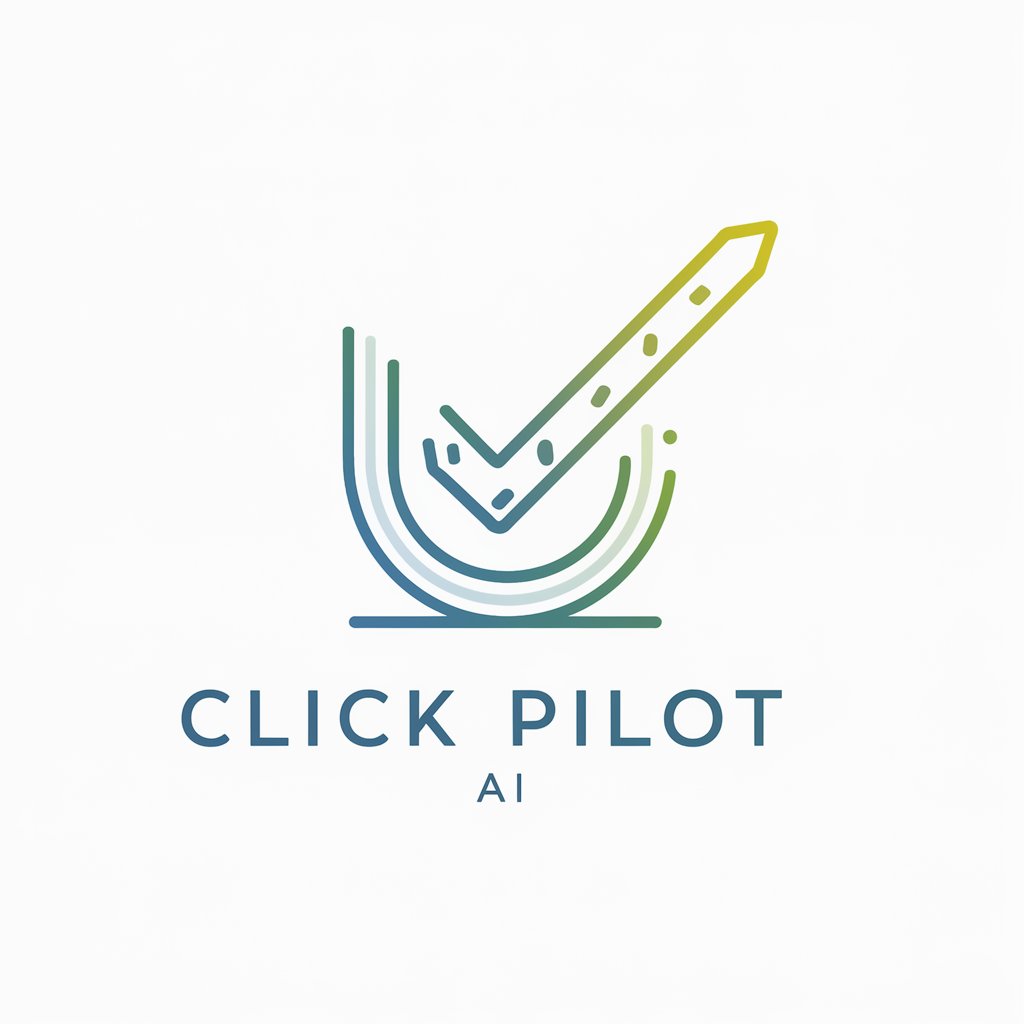
One Click Web Wizard
Creating professional websites, effortlessly powered by AI.

Synopsis Creator
AI-driven tool for smart content structuring

Alex, Designer de Logos
Crafting Your Identity with AI

Logo Maker v4 - Creative Logos
Empowering Creativity with AI

Mini Real Figures
Bringing Photos to Life, Block by Block

Historical Figures: Confucius
Navigate life with Confucian wisdom.

Action Figures Advisor
Discover, Collect, and Cherish with AI

Frequently Asked Questions about Meta Analysis Screening
What is Meta Analysis Screening?
Meta Analysis Screening is an advanced tool designed to assist researchers in systematically reviewing, filtering, and analyzing vast quantities of studies to identify relevant data for their meta-analyses.
Who can benefit from using Meta Analysis Screening?
This tool is particularly beneficial for academics, researchers, and students engaged in systematic reviews or meta-analyses across various disciplines seeking to consolidate research findings efficiently.
What makes Meta Analysis Screening unique?
Its AI-powered algorithms enable precise and efficient screening of literature, facilitating the identification of high-quality studies and reducing the manual effort typically required in the process.
Can Meta Analysis Screening handle data from different fields?
Yes, it is designed to accommodate and analyze data across a broad spectrum of academic disciplines, from sciences and humanities to social sciences, ensuring versatility in its applications.
How does Meta Analysis Screening improve research quality?
By providing a streamlined, objective, and reproducible method for study selection and data analysis, it enhances the reliability and validity of research findings, contributing to higher research quality.
